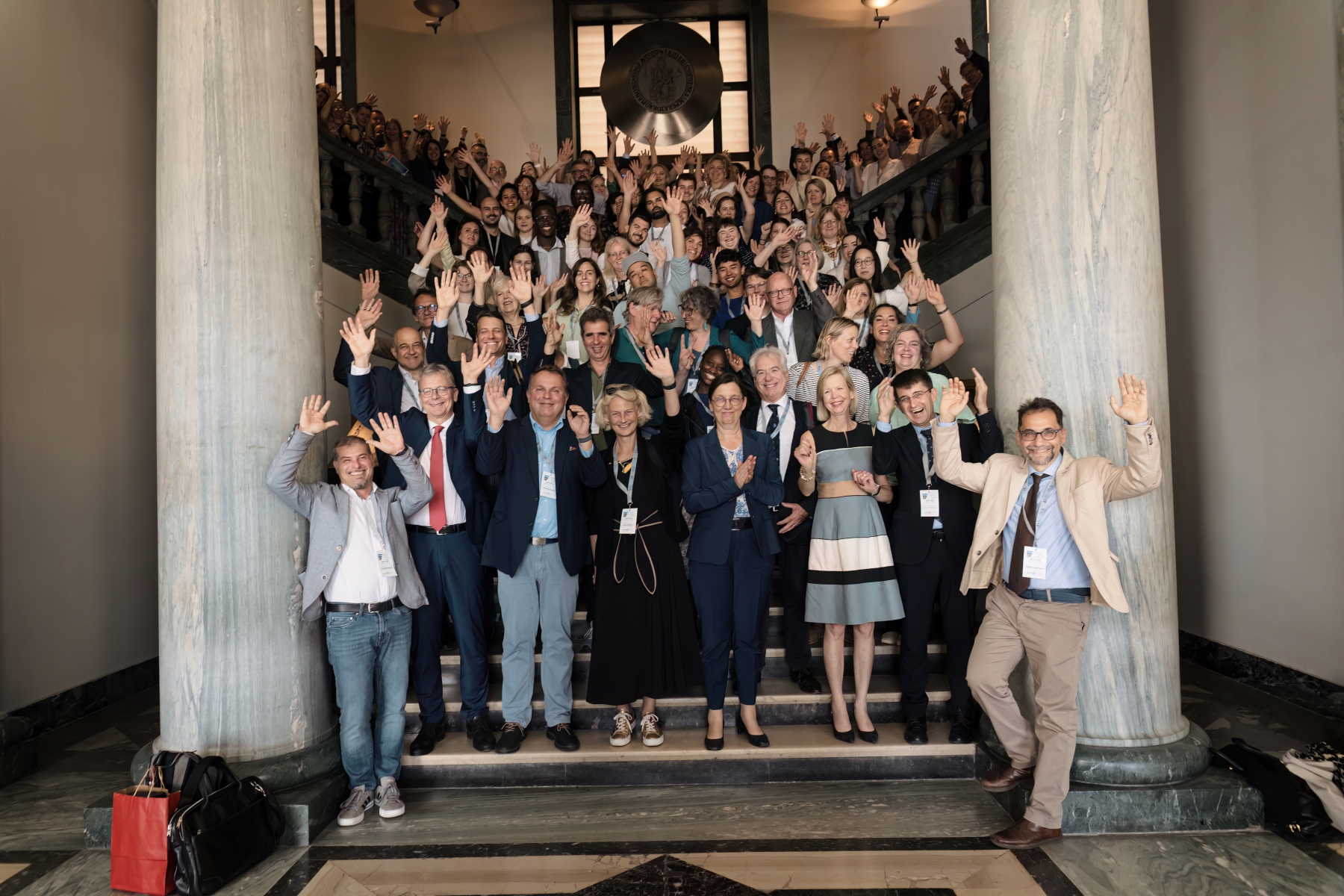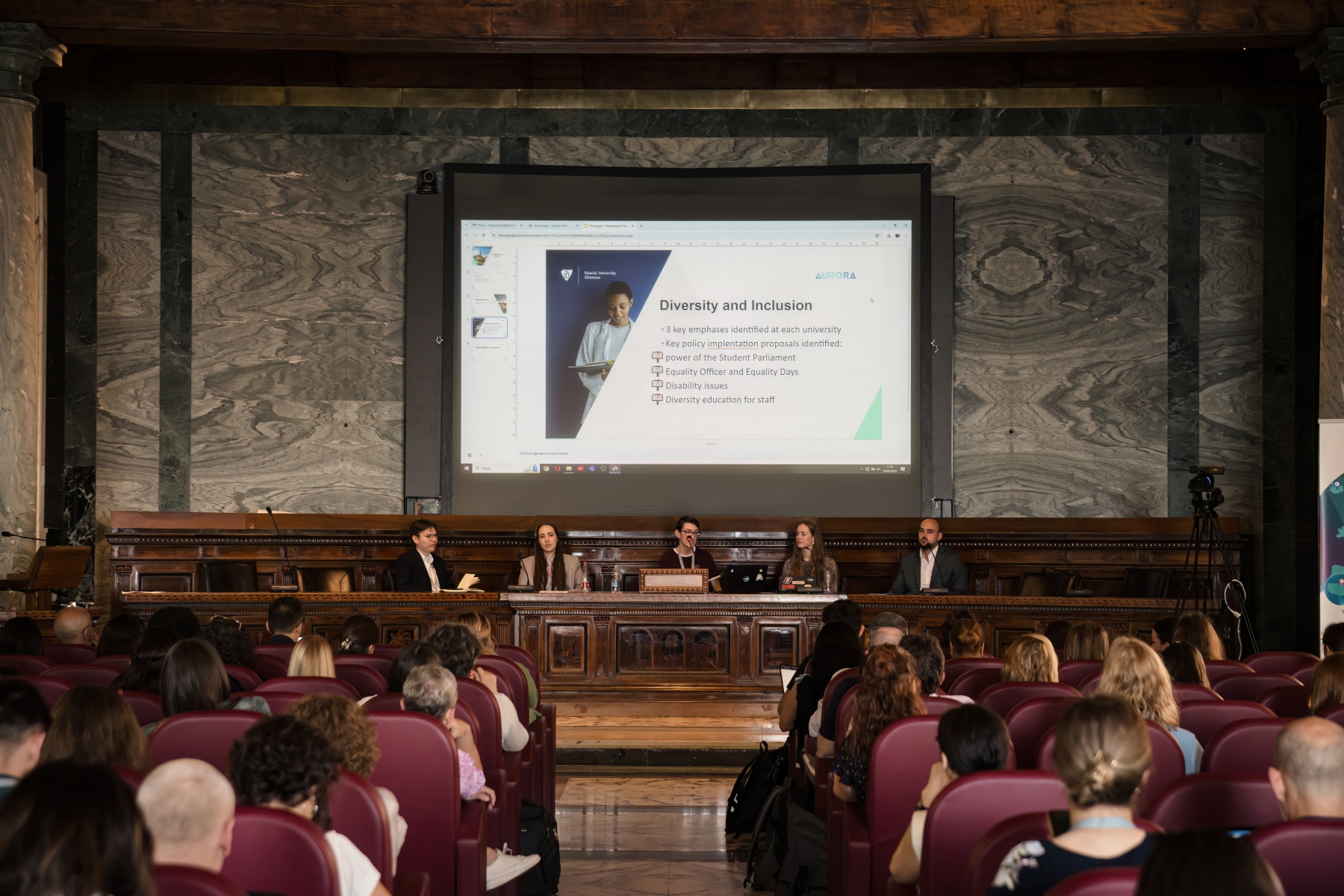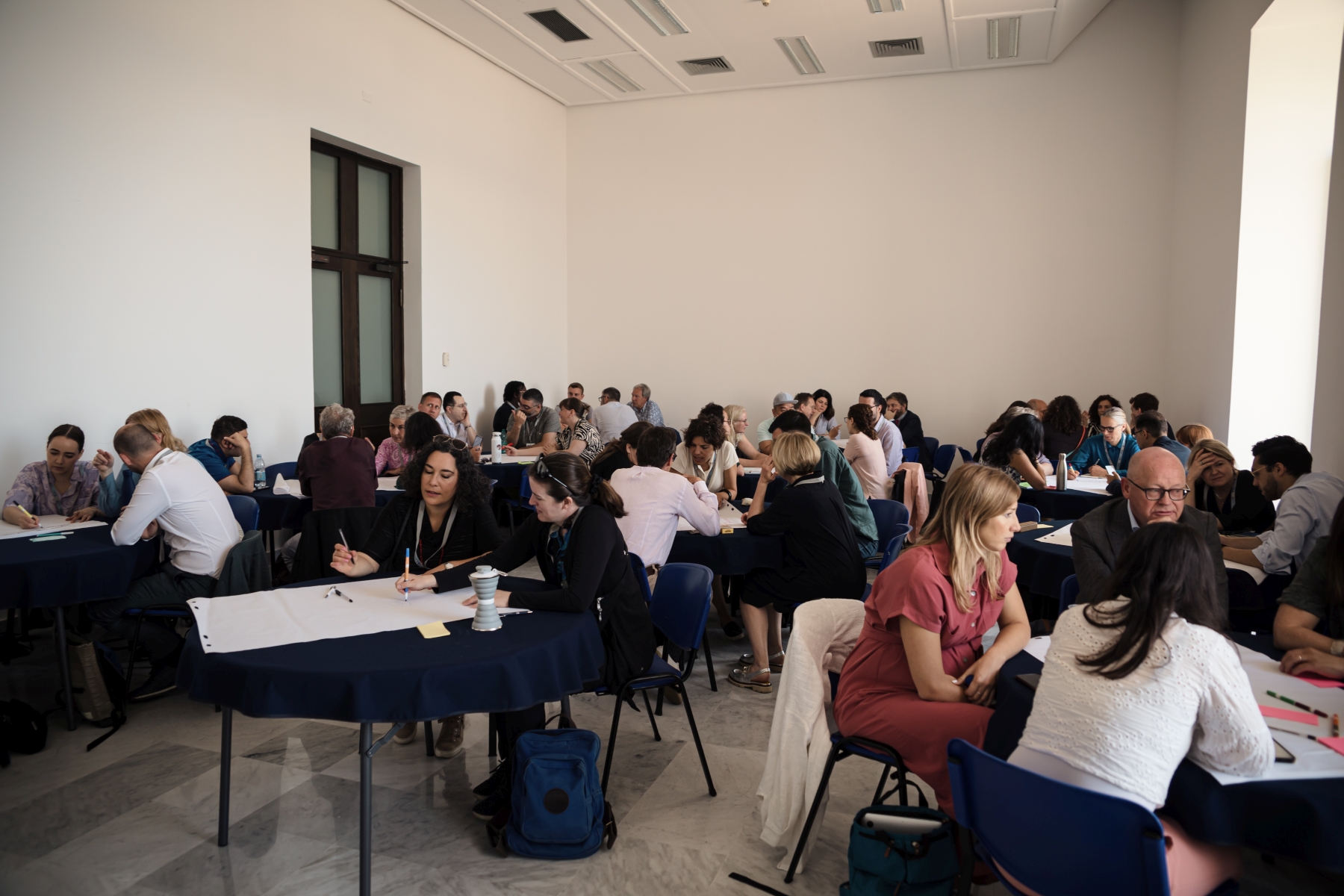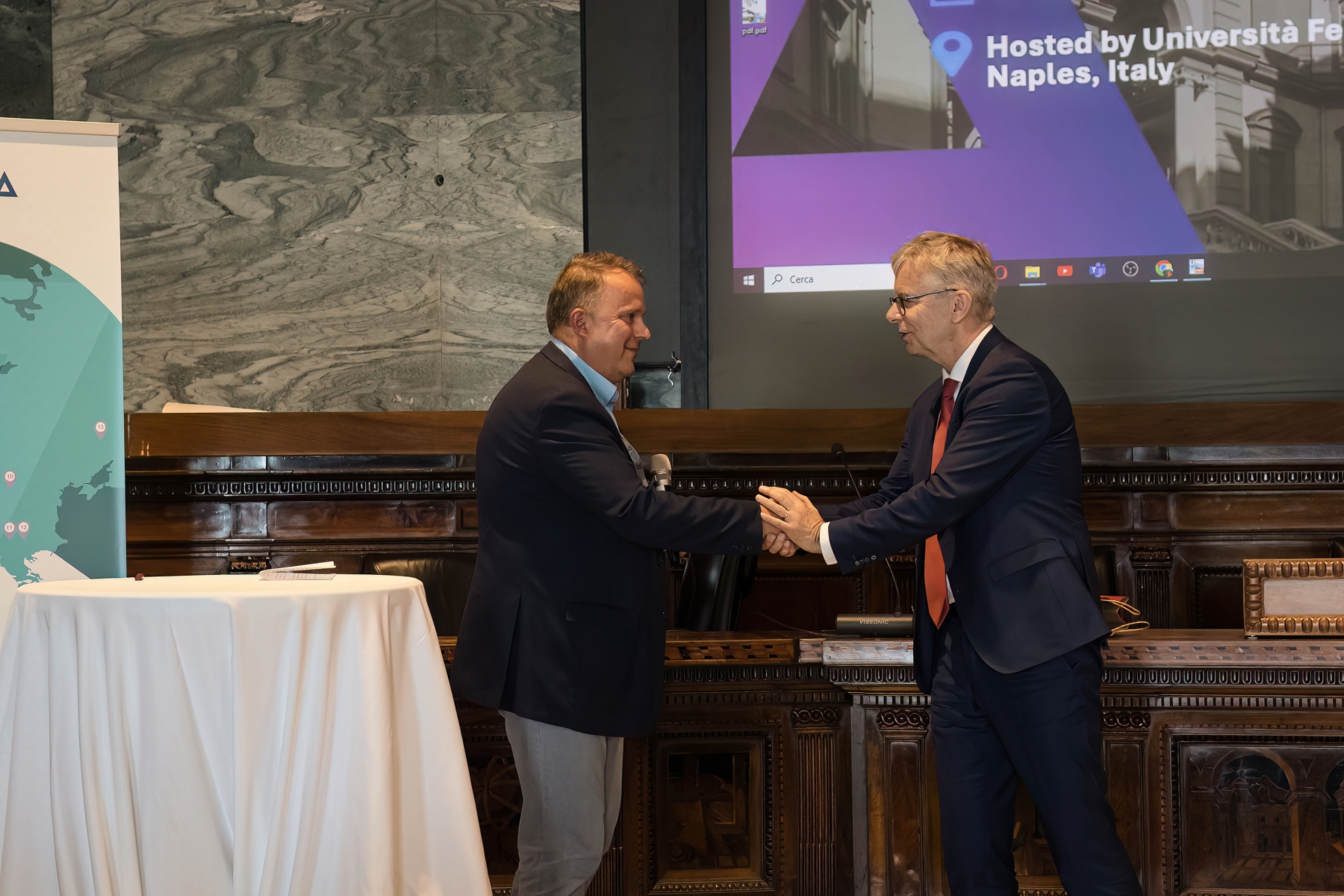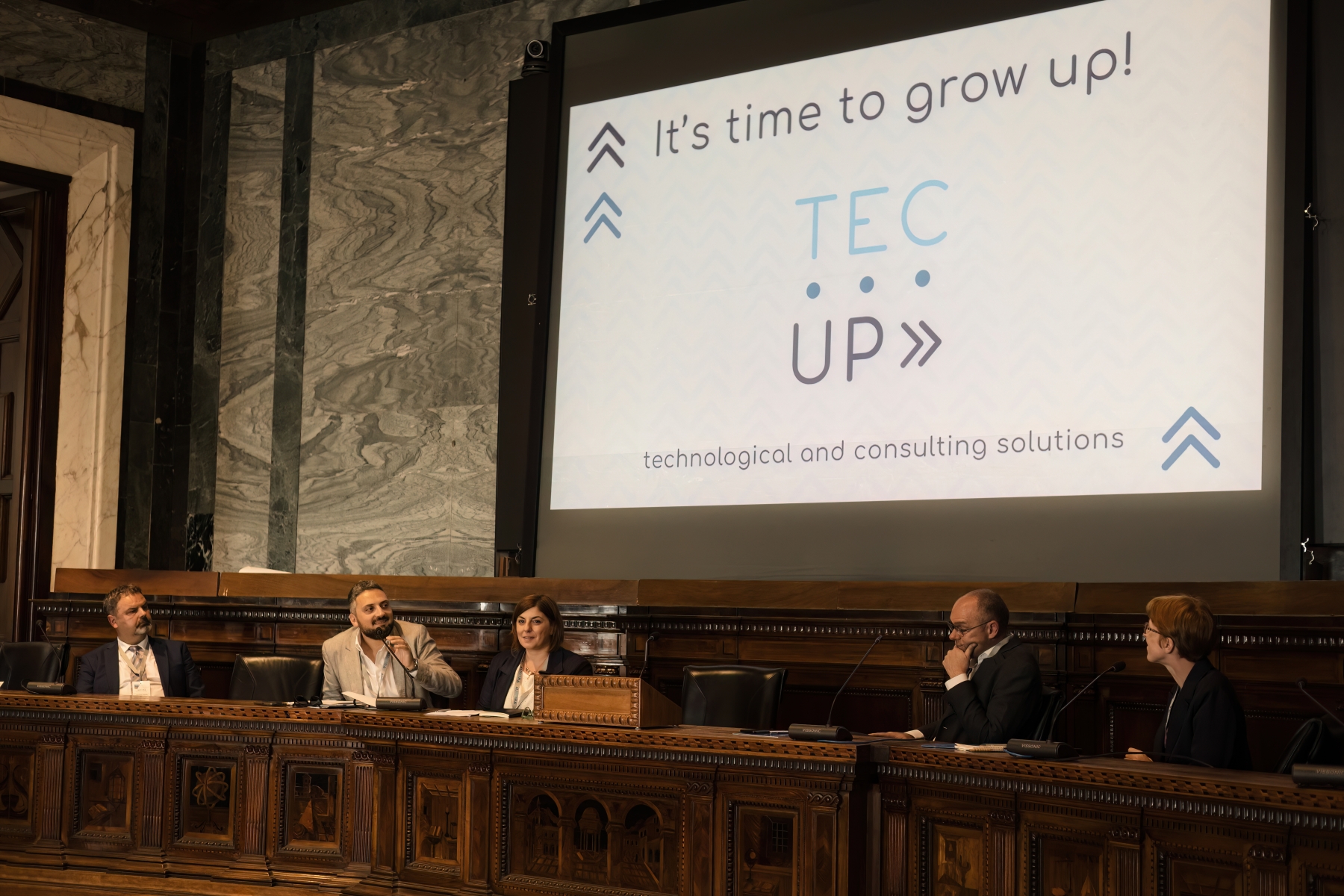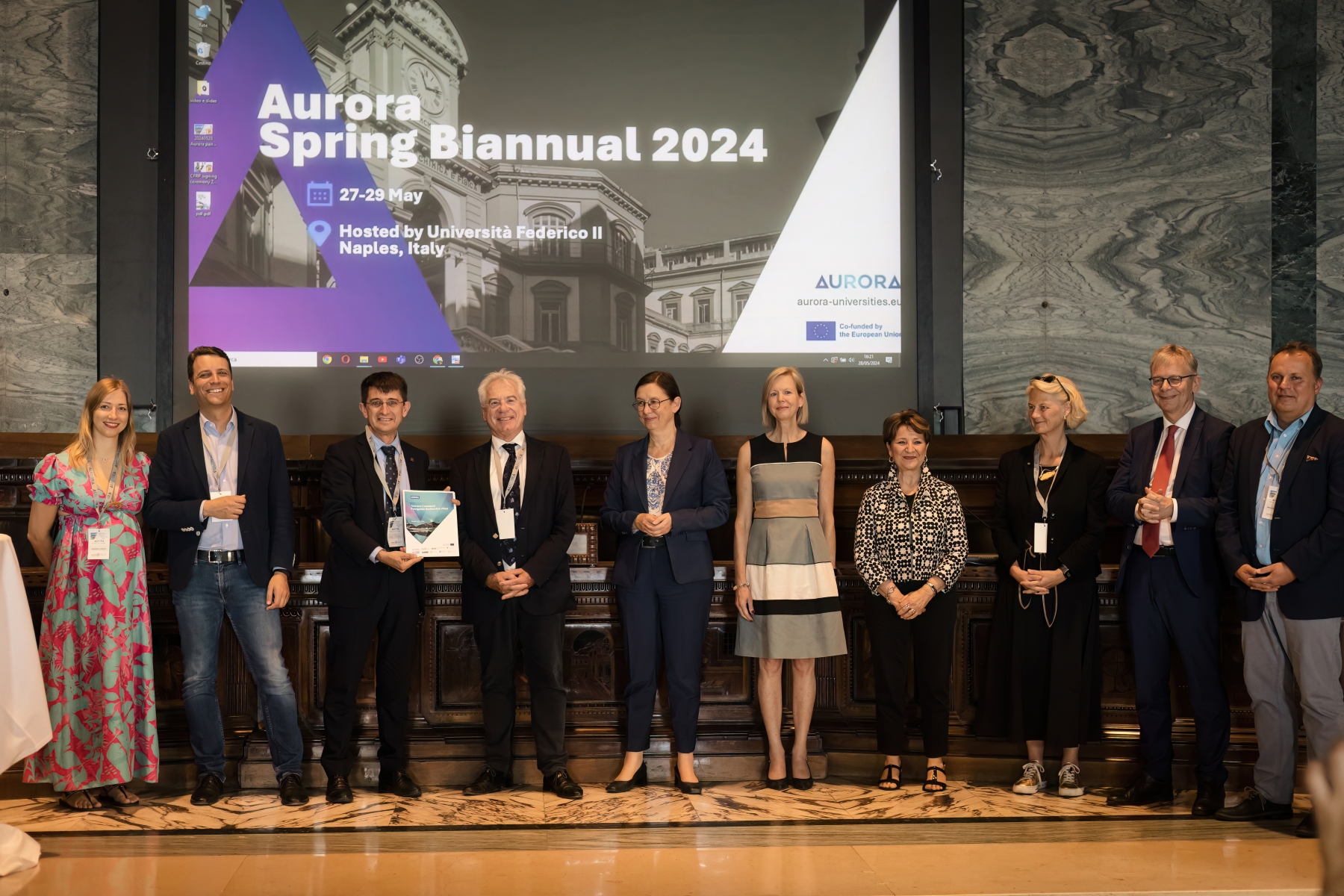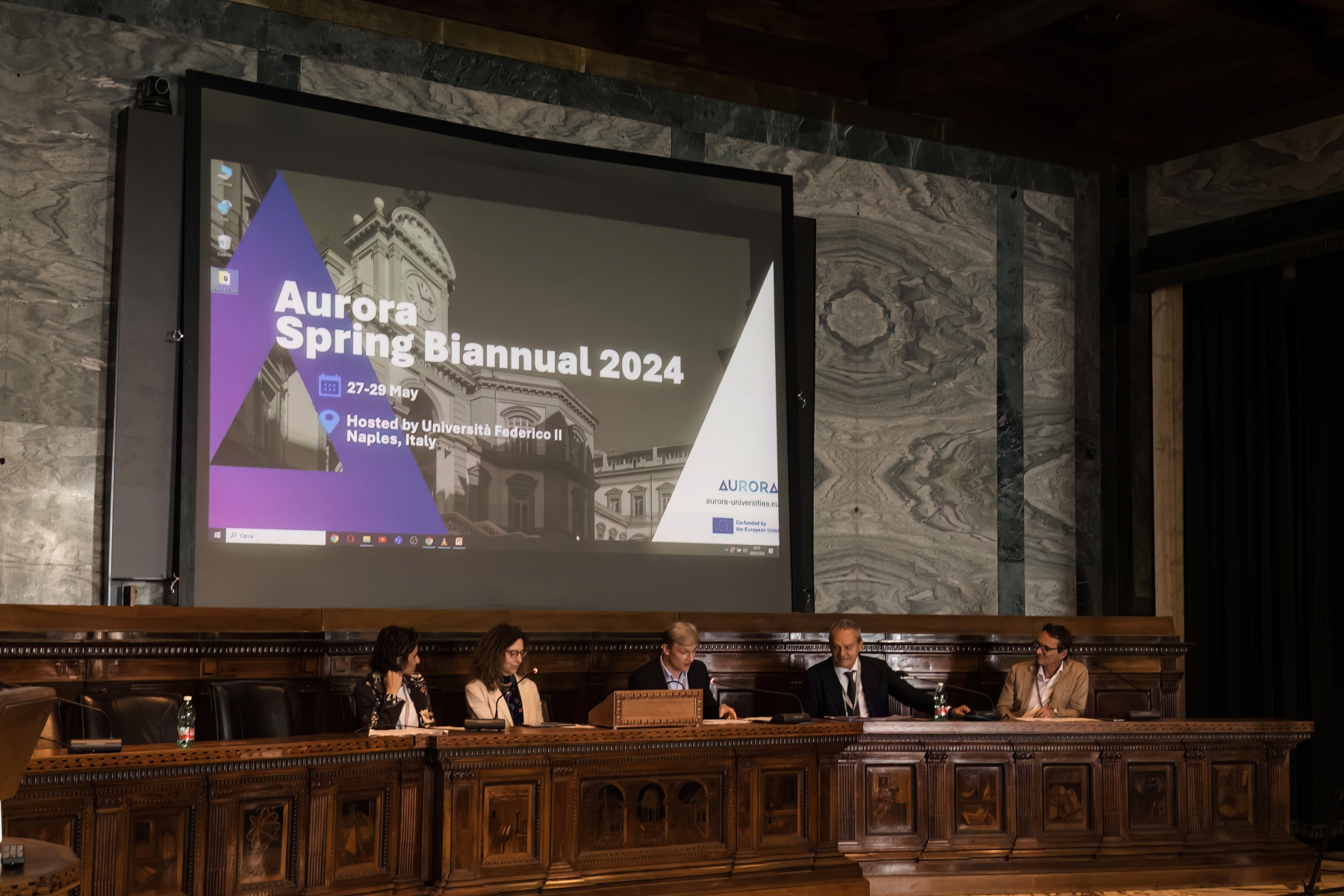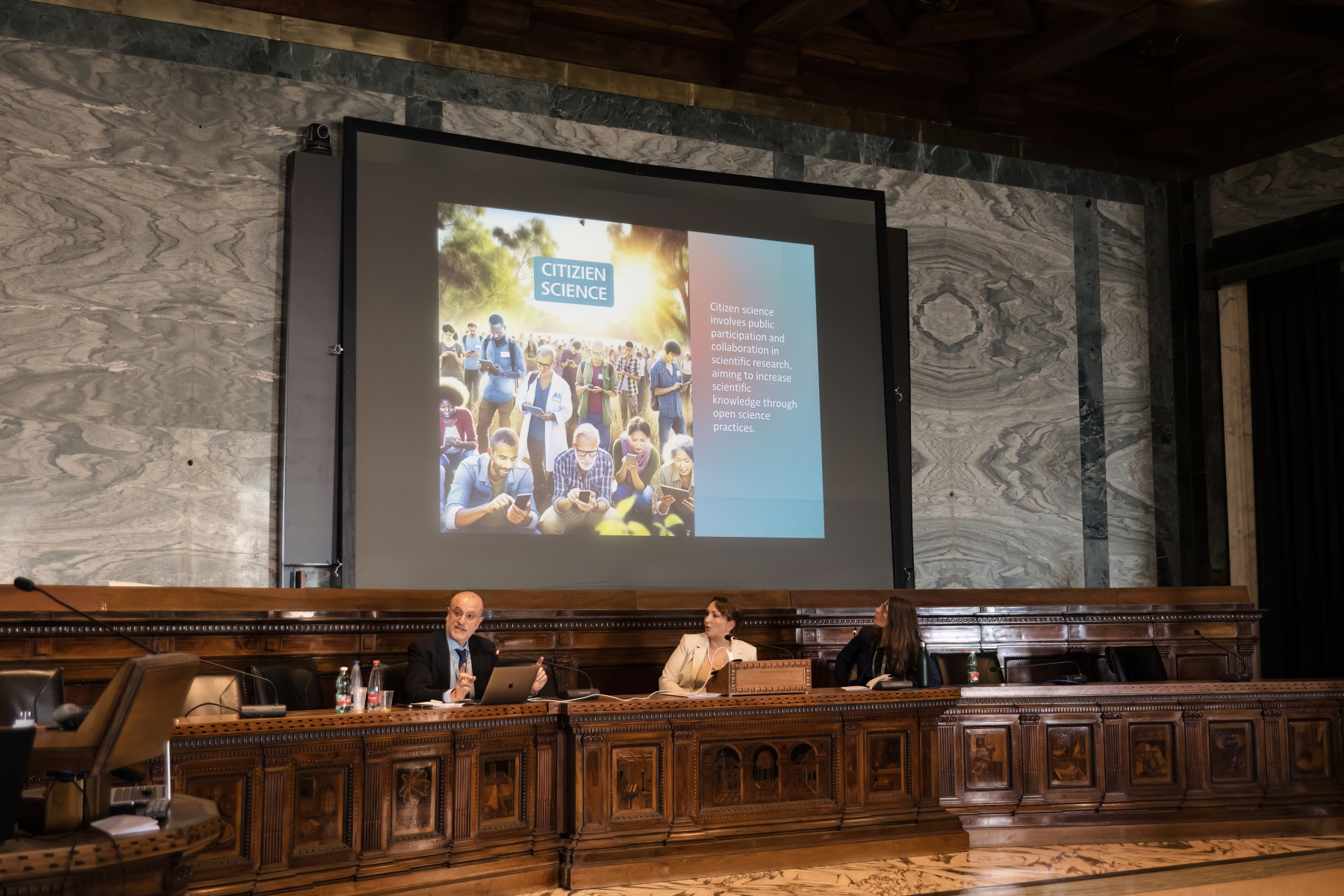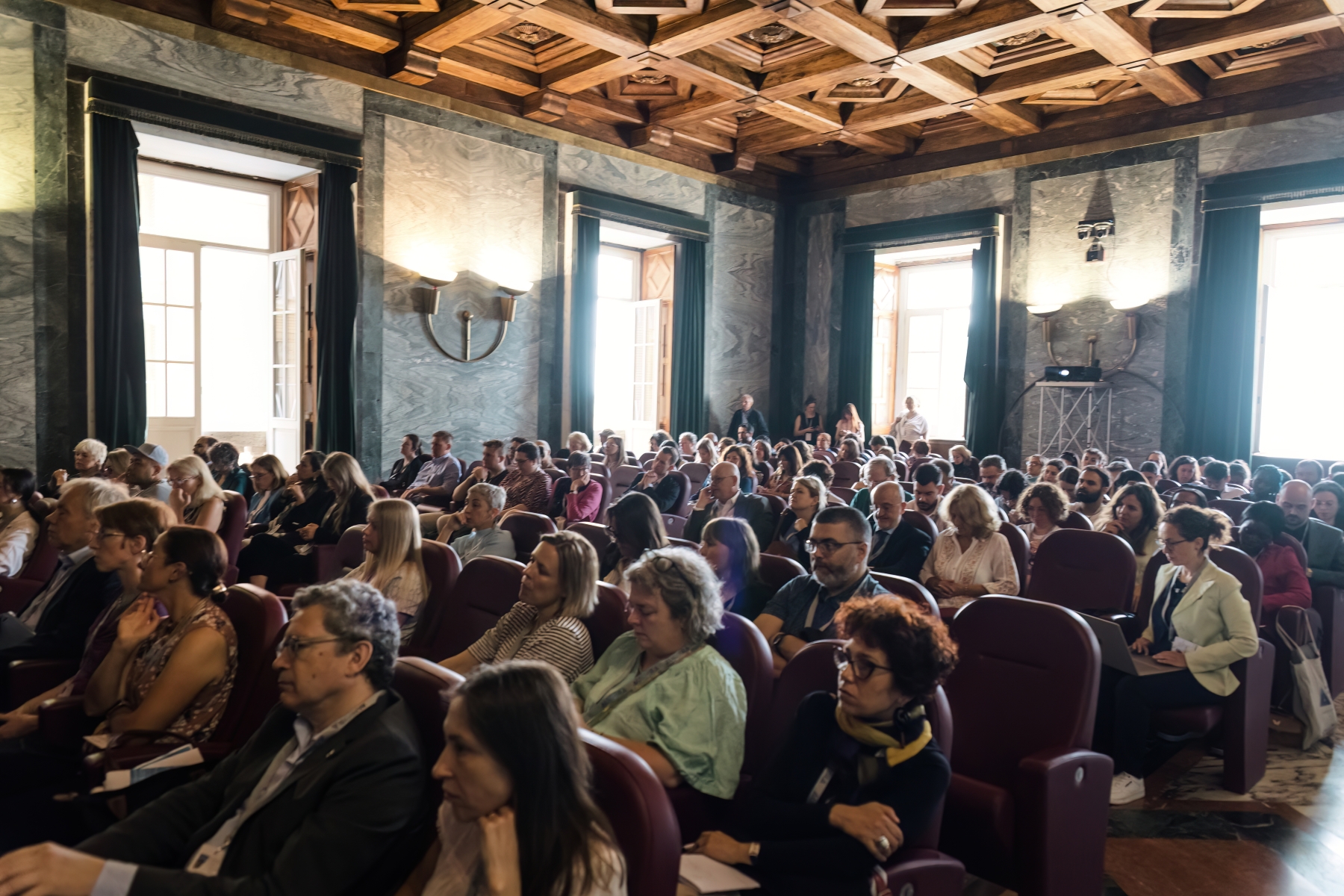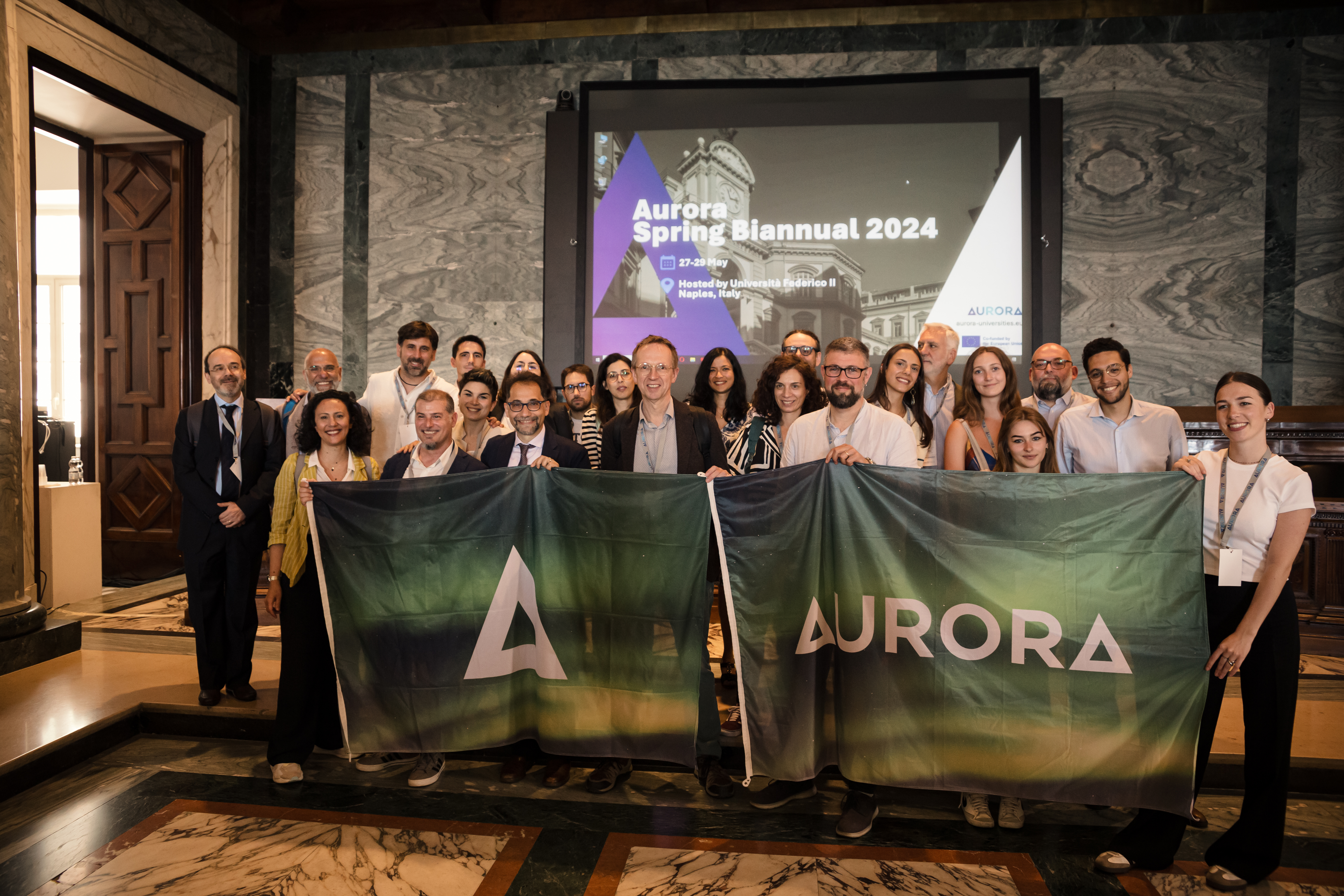Success for First Aurora Summer School in UPEC
From 17 to 28 June, Université Paris-Est Créteil (UPEC) hosted its first-ever Aurora Summer School on Futures Literacy and social foresight. The two-week course focused on training students from Aurora universities to reframe today’s challenges to better anticipate the impact of decisions taken for the future.
Held at AEI International School in UPEC, the Aurora Summer School welcomed 26 students from UPEC, University of Iceland, Vrije Universiteit Amsterdam, Università Federico II of Naples and Copenhagen Business School. Over a fortnight, our students were exposed to an immersive educational and intercultural experience.
Anticipating Tomorrow Today
The Aurora Summer School in UPEC introduced our students to the disciplines in social entrepreneurship, prospective studies and social innovation. Its objective is to encourage them to master the skills to prepare for the future by addressing today’s complex societal challenges.
The programme included courses that were designed to enable our students to understand how actions and decisions can have a real impact on society. By learning the fundamentals of Futures Literacy, they looked at issues touching social, societal, economic and entrepreneurial aspects.
Led by professor Felipe Koch, Vice-Dean of AEI International School at UPEC, the first week of the summer school began with comprehensive lectures and practical sessions on the topic of Futures Studies. These sessions took place in the Futures Literacy Laboratory, where our students experimented with innovative methods to drive transformative change.


Week two of the summer school further broadened perspectives and provided our students exposure to a wide range of expertise. Renowned speakers included:
- Philippe Frouté, Dean of AEI International School, UPEC, lectured on data analysis and forecasting.
- Fabio Scarano, UNESCO Chair on Futures Literacy: Planetary Wellbeing and Regenerative Anticipation, spoke on regenerative futures.
- Rocco Scolozzi, professional futurist, trainer and facilitator, explained the implementation of systems thinking.
- Dr Fernando Bozza, lead researcher at the World Health Organization (WHO), exchanged on social innovation, entrepreneurship and managing decision-making under deep uncertainty.


Intercultural Exchange in the Heart of Paris
One of the benefits of student mobility between Aurora universities is the possibility for a rich intercultural exchange. Incoming students get to learn more about the French culture while also being introduced to other European cultures, thanks to the diversity of the students coming from different universities within Aurora.
The Office of International Affairs at UPEC organised two cultural visits in the heart of Paris:
- Opéra Garnier on the theme Intermezzo: Our students discovered the history of Palais Garnier, its unique 19th century theatre art architecture and the various artistic activities undertaken by the Parisian opera house.
- Seine river cruise: Through a guided cruise by some of the most beautiful monuments viewed from the Seine river, our students learnt more about Parisian culture and the city’s historical heritage.


The Aurora Summer School at UPEC was a huge success for the university that officially joined Aurora as full member in 2023. Since its entry into the Aurora European university alliance, UPEC has been co-leading two strategic work packages in the Aurora 2030 project: Enhancing Quality of Research through an Aurora Research and Innovation Community, and Impact and Dissemination.
























